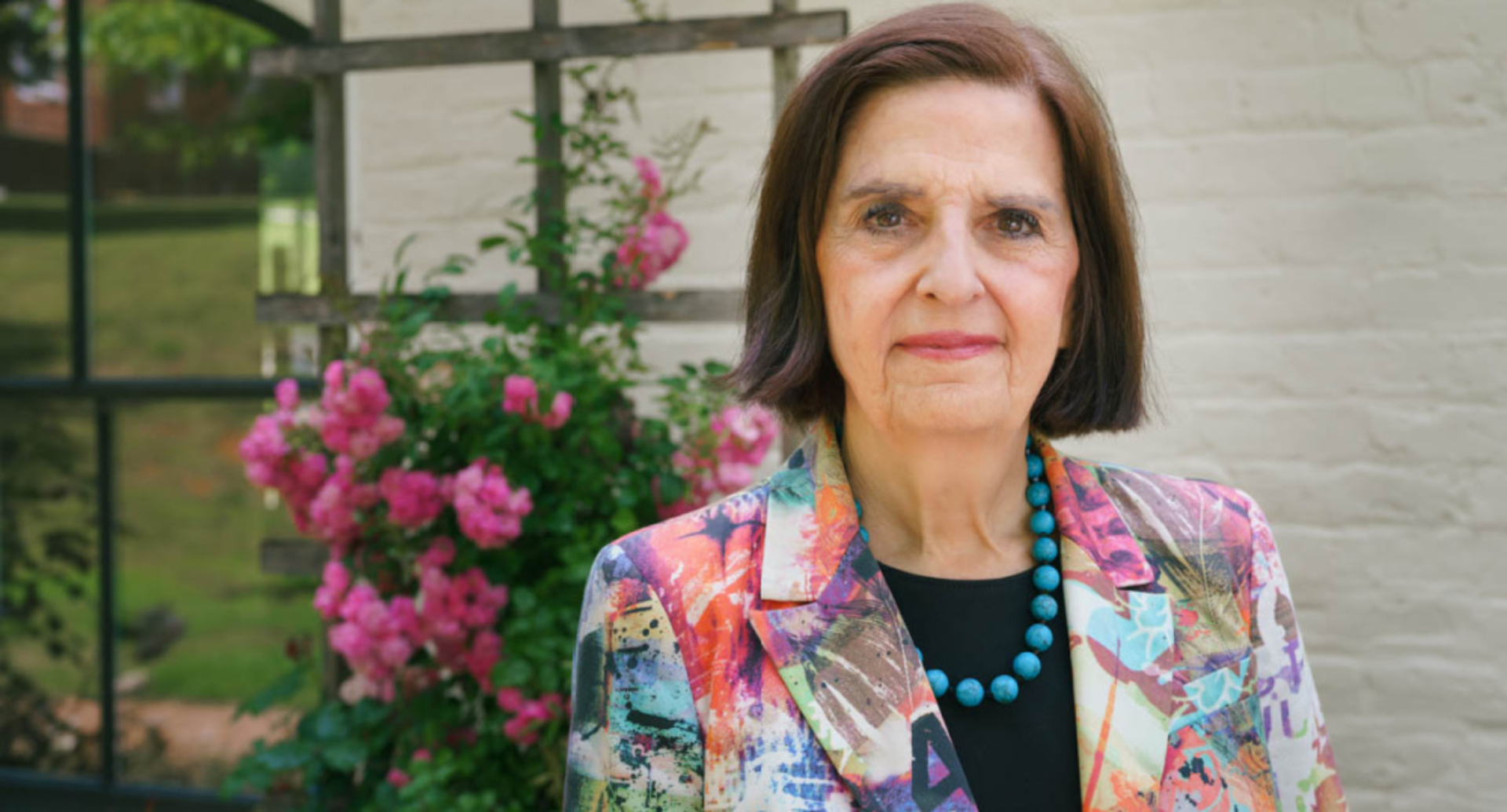
At this week's Friends Association for Higher Education hosted by Guilford, the College's Acting President led a panel discussion with other Quaker-affiliated college presidents who all affirmed the importance of the Humanities in a liberal education.
“The humanities and whether they stay or go is not even up for debate at Guilford. They are an important part of our curriculum and always will be.”
Acting President Jean Bordewich and two other presidents of Quaker-affiliated colleges told a group of educators and leaders Wednesday that liberal arts colleges are committed to the future of humanities at their institutions.
“The humanities and whether they stay or go is not even up for debate at Guilford,” said Jean. “They are an important part of our curriculum and always will be.”
Jean’s remarks came on the third and final full day of the Friends Association for Higher Education annual gathering hosted by the College this week.
The conference, which has met annually since 1980, brings together faculty, staff, administrators, students and supporters who are connected to Quaker-affiliated colleges, universities and study centers, or who are interested in applying Quaker principles such as simplicity, peace, integrity, community, equality and stewardship (the SPICES testimonies) to their work in academia.
Jean was part of a panel of Quaker higher education presidents including William Penn University’s John Ottosson and Earlham College’s Paul Sniegowski.
John acknowledged the economic pressures on liberal arts colleges but reaffirmed the importance of a well-rounded education. “We’ve actually added some English professors during my tenure here,” he said. “Writing and communication has to happen no matter what major you’re in.”
Paul spoke to a different force reshaping academia: artificial intelligence. “As AI takes up more of the rote mechanical skills ... the humanities rise in importance,” he asserted. Paul said that employers often prefer Business graduates from arts and sciences over business schools, not for technical skills but for human insight. He says business leaders say they can teach students financial modeling. “What we can’t teach is how to write a good letter, how to interact with other cultures, how to appreciate narrative.”
Jean echoed those concerns while also highlighting the internal financial balancing act. “Our two largest majors are Business and Sport Studies,” she said, noting they help underwrite other programs. Still, Guilford’s general education curriculum ensures every student — regardless of major — gets a substantial liberal arts education. “We would never give that up,” she said.
Each president underscored the same message: that the humanities remain vital, both practically and philosophically, to the mission of Quaker education in an evolving world.
Raymond Binford Professor of Physics Don Smith was Guilford’s faculty host for the multi-day gathering, whose theme was “Science, Sustainability, Stewardship.” Presenters from the natural sciences and other disciplines shared their research and their work with students about learning to live in harmony and unity with the natural world.
The gathering included a 40th anniversary celebration of the historic 1985 World Gathering of Young Friends, which was held at Guilford.

